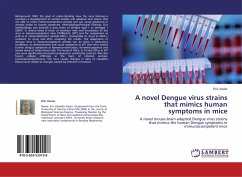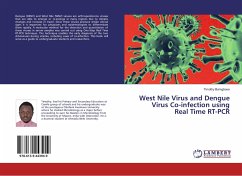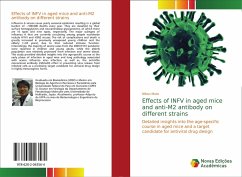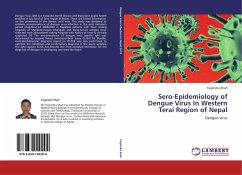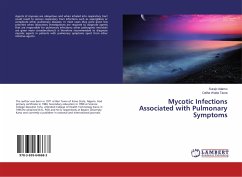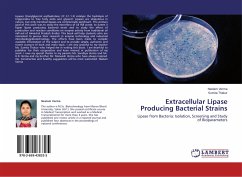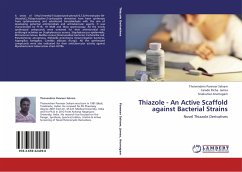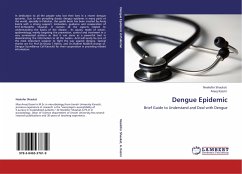Background: With the goal of understanding how the virus behaves is necessary a development of animal models and adapted viral strains that are able to infect immunocompetent animals and can cause symptoms in animals similar to human symptoms. Methodology/Principal Findings: Our methodology was basically a pass strain of dengue type 1 or serotype 1 (DENV -1) several times in brain of newborn mice and inoculation of this virus in immunocompetent mice C57Black/6, (WT) and for comparison as well as in immunodeficient animals IFNGamma-/- (susceptible to virus) as iNOS-/- (resistant to virus) and after analyzing the results. The adaptation of dengue virus in immunocompetent animals can be done in laboratory conditions, as demonstrated and cause symptoms in WT mice that mimics human dengue symptoms as Haemoconcentration, thrombocytopenia and lowest levels of white blood cells. The levels of IFN-Gamma, IL-10 and TNF- in WT nice were significantly increased compared to uninfected controls. Was also found, cellular infiltrates in the livers of infected animals. Conclusions/Significance: The virus causes changes in data of complete blood count similar to changes caused by infection in humans.
Hinweis: Dieser Artikel kann nur an eine deutsche Lieferadresse ausgeliefert werden.
Hinweis: Dieser Artikel kann nur an eine deutsche Lieferadresse ausgeliefert werden.

